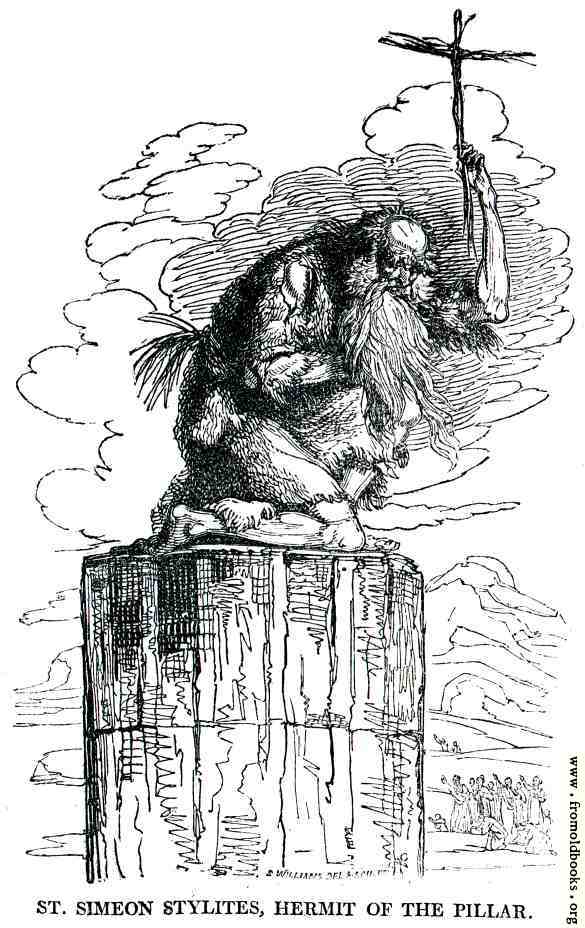Dear readers of this blog,
H. L. Crawdad, an Arachno-syndicalist turned writer and good friend of mine, offered to post a book review on The Third World War on my blog. As it would save me a lot of non-renewable brain cells, I accepted, deciding it couldn’t possibly bother you readers. Then I decided it wasn’t fair to pop writing of unknown quality at you without warning. So I read Crawdad’s essay, and found it quite as good as what I regularly write. So I could rest easy again. Enjoy!
Histor the Wise
The War That Wasn’t
“The Third World War” is a fictional book about a war in 1985. But, whoever wrote it – apparently someone named General Sir John Hackettetal – is convinced that it happened. He is so convinced of his truth, he fabricates evidence for it. One example: the first chapter of the book cites a history of the U.S. Cavalry written in 1986, some eight years after the publication of the book itself. Perhaps time runs different in England, where “The Third World War” was written.
The plot is as unlikely as the evidence. Two nations – the USA and Russia – are at war, and apparently they don’t like each other. Why they hate each other Hackettetal never tells us. So from the beginning, there is no motive provided for anyone’s actions. However, the mistake would be pardonable, IF THE FIGHTING ACTUALLY TOOK PLACE EITHER IN RUSSIA OR THE USA! Instead, the countries (which, for some odd reason, have the nicknames “First World” and “Warsaw Pact” – the latter being a romantic name for a lady crawdad) pay other countries, primarily in Africa and the Middle East, to fight each other with imported weapons and suchlike. Three important countries are South Africa (which the US used to like), Iran (which the USA likes) and Yugoslavia (undecided).
Russia seems to be winning at the beginning, since its African countries are beating South Africa and they have countries close to the USA – specifically Jamaica and Cuba. The US only has Iran (sort-of close by Russia), Western Germany (right by East Germany, which Russia actually owns), and somewhere else, I forget where. France is on both sides, and England is on the USA’s side but doesn’t want to fight anybody. Then England changes its mind, just in time so that Russia can invade Yugoslavia. The USA invades Yugoslavia back and blows up three (3) Russian tanks.
They then call it a victory.
The Russians, however, are worried. After the Second World War (which really happened), they conquered Poland, Czechoslovakia, Ukraine, and East Germany, but now those countries want to rebel. The Russians decide to keep them from rebelling by conquering some more countries. They also have a big argument about military organization, revolving around whether lieutenants should think or not. I say let them think; it can’t hurt.
Anyway, they invade West Germany, trying to get all the way to the Dutch coastline and the tip of France. Apparently France and Russia have an understanding. Fortunately, they don’t get that far, and the Poles rebel. In retaliation for this traitorous rebellion, the Russians fire a nuclear missile at Birmingham, England. The Americans fire another missile at Minsk, in the Ukraine. Then a bunch of Russian officials try to kill each other, somebody lets Ukraine and Poland free, and Russia collapses. America wins and Hackettetal starts talking about riots in the English countryside. That anticlimax is the finest part of the book, from a literary standpoint. I do not read from a literary standpoint.
The writing style is very complex and boring. It reminds me of when I was owned by an editor of encyclopedias. He would sit at work reading the Encyclopedia Americana out loud, and I would crouch in his office aquarium and long for death. However, the book did talk about tanks and armored cars and bombs and chemical weapons, which I find rather interesting. There was an exciting bit about Russians sneaking into an airbase in Germany and shooting people. Unfortunately, an equal and opposite effect was achieved by the bit on television during the war. (Apparently wars are a good way to make Western movies popular.) Then it has a bunch of appendices. I didn’t bother to read them. If they were worth reading, why weren’t they in the main part instead of the appendix section?
I don’t want to be mean to General Sir John Hackettetal. (Especially since he probably gets teased about his name and all). Most history books – and I have read many – are boring. A fictional history book would probably be even more boring than usual. But this one actually makes a good bedtime book, as the quote below shows:
“In NORTHAG, British experimentation was proceeding on lines closely related to the new concept now under discussion in Germany, with light anti-tank defenses exploiting the possibility of ATGW deployed far forward. The system of frontier defense thus created, with counter-penetration forces deployed in further depth, was beginning to be thought of , by many British and some German officers, as a possible replacement for, or at least a modification of, the full doctrine of ‘forward defence’, however the term was interpreted, which had hitherto prevailed. It was still largely experimental, but over several years of continuous exercises it had been showing considerable promise.”
The Third World War shall never again leave my nightstand.
H. L. Crawdad is a freelance columnist whose articles have appeared in the Mobile Register, the Houston Chronicle, The San Antonio-Express-News and other newspapers throughout the Southern US. He has 1 wife and approximately 59 children, all of whom have moved out. This essay was never before published, and is copyrighted ©2007, H. L. Crawdad & Works.

















